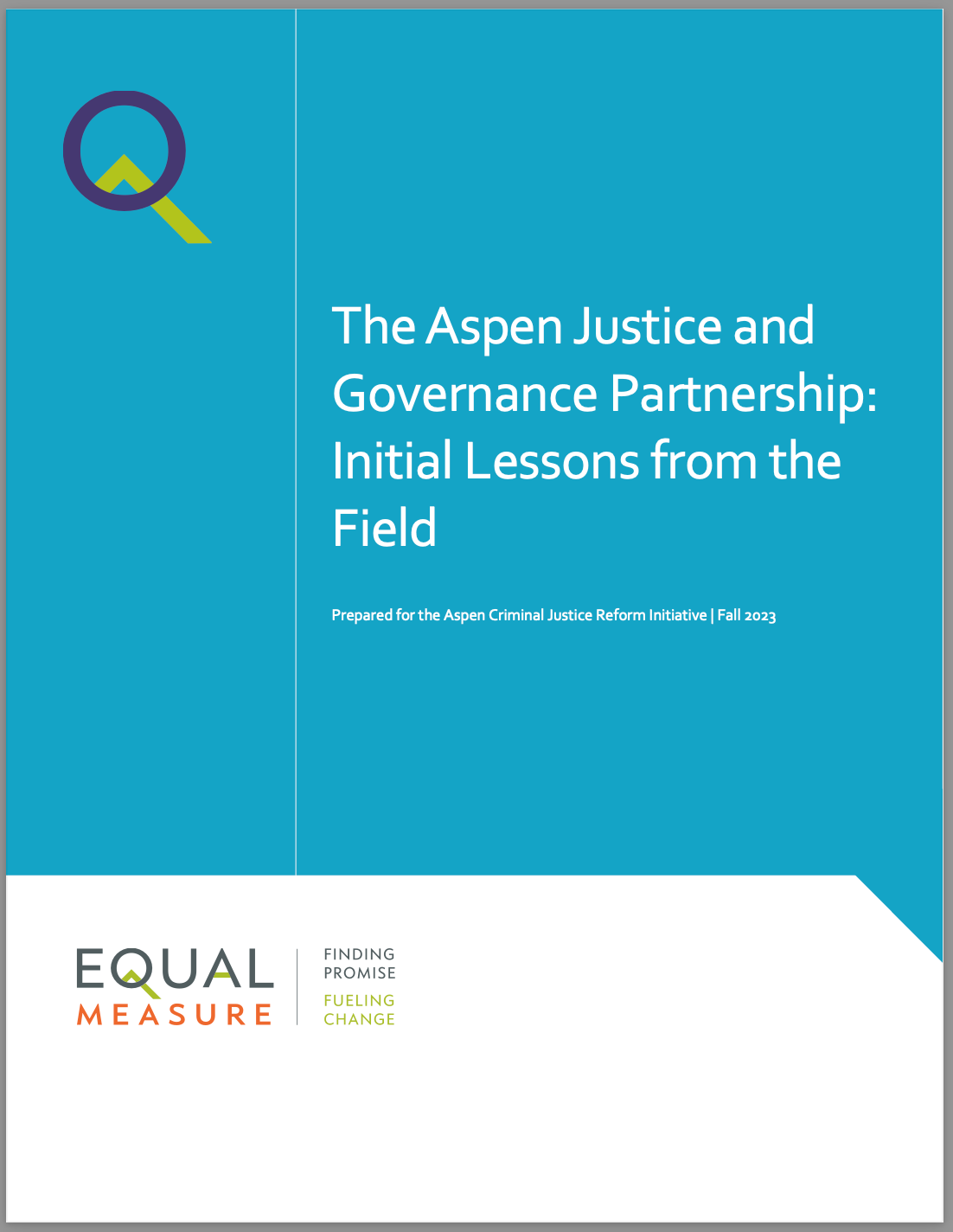 For Eric Cadora, Director of the Justice Mapping Center, the map is just the beginning of the process. In this episode of Shades of Freedom, he walks us through his youth in Lebanon, and on to his work in the US (and elsewhere around the globe) helping communities to understand their justice-related data, and then turn that information into new ways to transform the justice system and enhance community safety.
For Eric Cadora, Director of the Justice Mapping Center, the map is just the beginning of the process. In this episode of Shades of Freedom, he walks us through his youth in Lebanon, and on to his work in the US (and elsewhere around the globe) helping communities to understand their justice-related data, and then turn that information into new ways to transform the justice system and enhance community safety.
Cadora speaks to the critical role he played in helping communities to understand, through his Million Dollar Blocks analysis, how whole neighborhoods of concentrated poverty and disadvantaged are further punished through the justice system. And by looking at data from other systems (such as housing, workforce, child welfare), how they are further harmed through “crisis management governance,” where high needs neighborhoods receive no prevention-oriented services, until the point that a crisis response is all that is left.
He also describes his work behind Justice Reinvestment Plans, where communities look to how they could better invest policing and incarceration costs as prevention and community support services; and tells about his new work in the US in partnership with Aspen, the Justice and Governance Partnership, which will support mid-sized and rural jurisdictions to combine all these ideas into actionable change in their communities.
Guest Biography
 Eric Cadora has worked toward criminal justice reform for 30 years, serving as a justice strategist and information technology consultant to government (both domestically and internationally), research institutes, and social purpose advocacy groups in pursuit of data-driven solutions to criminal and social justice challenges. Over that time, project partners have included the Pew Charitable Trusts, the Ford Foundation, the Urban Institute, Columbia University, the ACLU, NAACP, Children’s Defense Fund, and dozens of state departments of corrections across the country, as well as GIZ, DFID, and other international donor agencies. Cadora is the founder of Justice Mapping, a data visualization and geographical information systems consultancy.
Eric Cadora has worked toward criminal justice reform for 30 years, serving as a justice strategist and information technology consultant to government (both domestically and internationally), research institutes, and social purpose advocacy groups in pursuit of data-driven solutions to criminal and social justice challenges. Over that time, project partners have included the Pew Charitable Trusts, the Ford Foundation, the Urban Institute, Columbia University, the ACLU, NAACP, Children’s Defense Fund, and dozens of state departments of corrections across the country, as well as GIZ, DFID, and other international donor agencies. Cadora is the founder of Justice Mapping, a data visualization and geographical information systems consultancy.
Cadora served as the Chief Research & Data Strategies Officer for the New York City Mayor’s Office of Criminal Justice, where he oversaw the reorganization of the Office’s wide-ranging research initiatives with the NYPD, DAs offices, Legal Aid, the courts, and Department of Corrections. From 2001 through 2004, Cadora served as Grants Officer at the Open Society Foundations (OSF), supporting a portfolio of reform initiatives across the country against the overuse of imprisonment. While at OSF, Cadora conceived and launched the “Justice Reinvestment” initiative, which became a multi-million-dollar Federal grant program of the U.S. Bureau of Justice Assistance. Before that, Cadora directed research and policy at the Center for Alternative Sentencing and Employment Services in New York, where he originated the “Million-Dollar Blocks” critique of prison spending.
Cadora was co-recipient of the American Society of Criminology President’s Award in 2009. His most recent publication, Civic Lessons: How Certain Schemes to End Mass Incarceration Can Fail, can be found in the January, 2014 edition of the Annals of the American Academy of Political and Social Science; and he is co-author with Dr. Todd Clear of Community Justice.
About Shades of Freedom
Shades of Freedom is a podcast from the Aspen Institute’s Criminal Justice Reform Initiative. Our podcast amplifies and uplifts promising efforts aimed at reducing mass incarceration, and examines the ecosystem of related inequalities that surrounds and perpetuates it.
The podcast can be found on all the major platforms, including Apple, Google, and Spotify. You can also listen to individual episodes here.
The Shades of Freedom podcast, hosted by Dr. Douglas E. Wood, Director of the Criminal Justice Reform Initiative, is named after and inspired by the book Shades of Freedom: Racial Politics and Presumptions of the American Legal Process, by Judge A. Leon Higginbotham, Jr.

